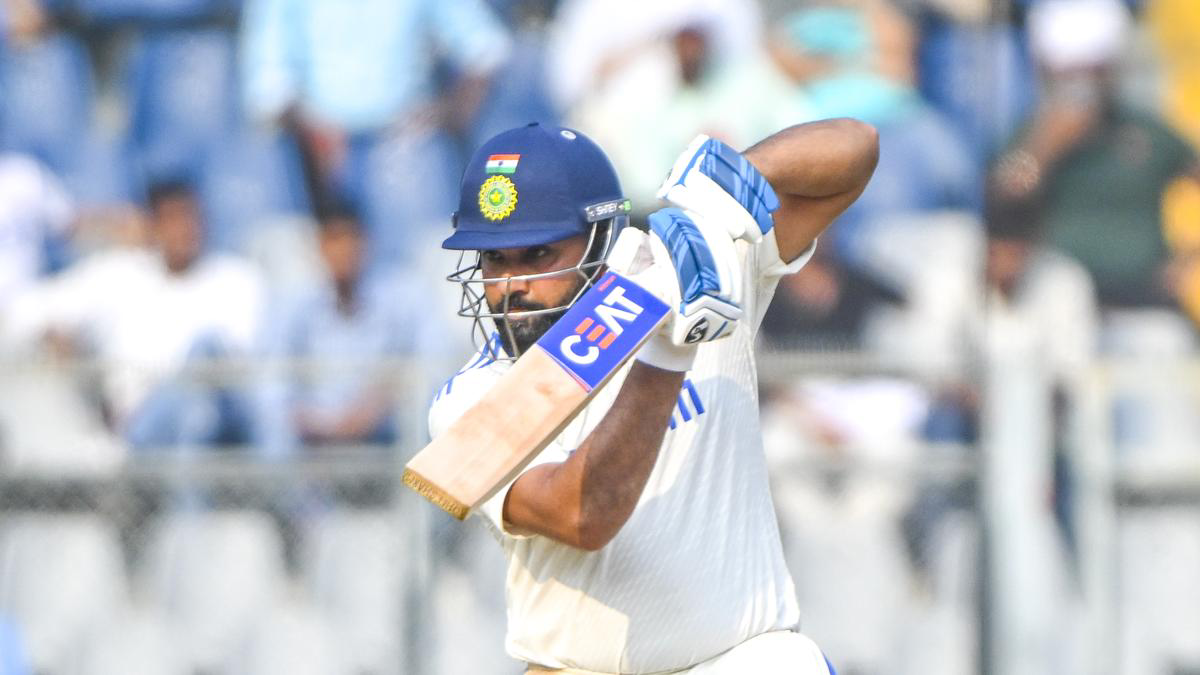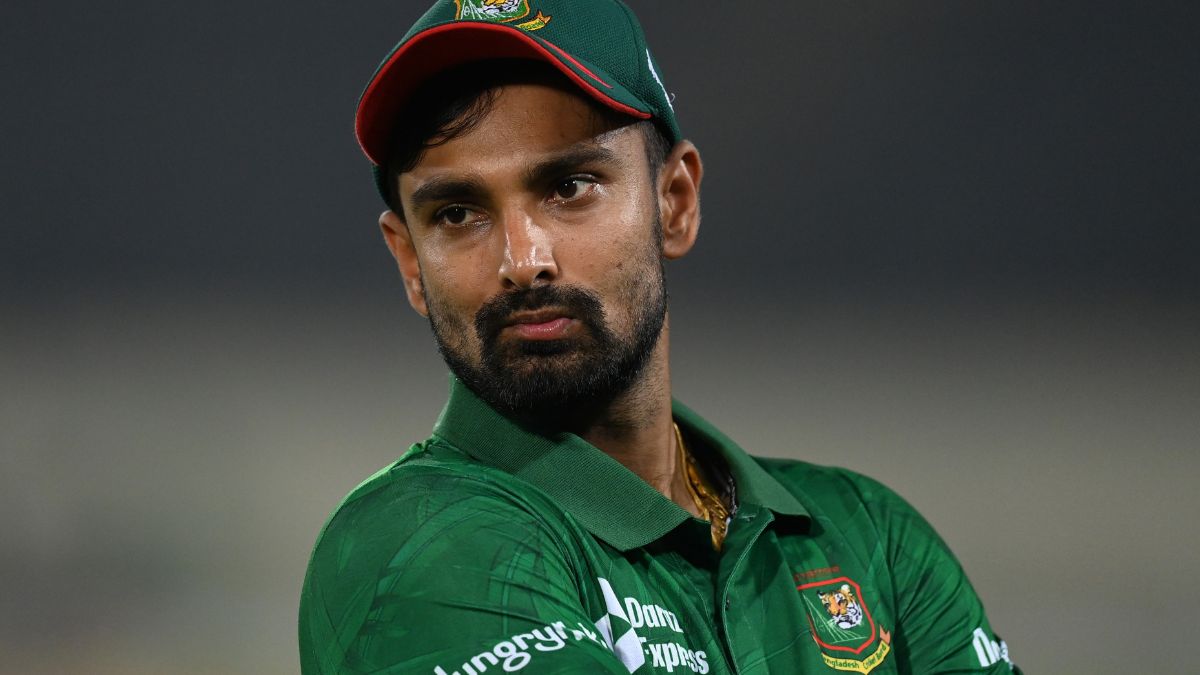The Indian cricket team has made a significant strategic adjustment ahead of the highly anticipated day-night Test against Australia. Captain Rohit Sharma, one of India’s most consistent openers since 2019, has decided to bat in the middle order. This tactical move highlights the team’s evolving philosophy of prioritizing collective success over individual roles.
Rohit Sharma Strategic Shift Rooted in Performance
The decision stems from the stellar performances of KL Rahul and Yashasvi Jaiswal as openers in the previous Test in Perth. Their 201-run partnership in the second innings laid the foundation for a comprehensive 295-run victory. Jaiswal’s dazzling century and Rahul’s steady contributions convinced Rohit that altering this combination would be unnecessary.
“We want results, we want success,” Rohit Sharma stated. “Watching how KL batted from home, I saw brilliance. With the way he and Jaiswal performed, there’s no need to disrupt that chemistry now.”
Young Guns Leading the Charge
The rise of India’s younger players has injected a fearless energy into the team. Yashasvi Jaiswal, Shubman Gill, and Rishabh Pant are redefining expectations with bold performances, particularly in challenging overseas conditions.
“These players are of a different generation,” Rohit Sharma explained. “They’re fearless, they think only about how to win matches, not about personal milestones. This mindset is what sets them apart and contributes to the team’s success.”
Their ability to adapt and deliver across roles has given India a versatile edge. Even when they falter with the bat, their contributions in fielding or bowling ensure they remain integral to the team’s strategy.
Balancing Youth and Experience
While the focus has been on nurturing young talent, India has not overlooked the importance of experience. Ravindra Jadeja and Ravichandran Ashwin, with over 800 combined Test wickets, were left out of the Perth Test. Despite this, their value to the team remains undeniable, especially as conditions evolve.
“What Jadeja and Ashwin bring to the table can never be written off,” Rohit Sharmat emphasized. “They’ll play a huge role in the remaining matches.”
The inclusion of Washington Sundar, known for his all-round capabilities, has added depth to the squad. Rohit’s confidence in Sundar’s technique and adaptability further bolsters India’s balance.
Adelaide Conditions and Tactical Implications
The Adelaide pitch, subjected to scorching heat of up to 37°C, is expected to play a critical role in the Test. While the pink ball traditionally favors pace, the potential for spin to come into play cannot be overlooked, especially if the pitch wears down.
Rohit Sharma hinted at the need for adaptability: “Whether we win, lose, or draw, our focus remains on doing what’s best for the team. Every decision is made with the bigger picture in mind.”
A Unified Vision for Success
India’s preparations for the Adelaide Test exemplify a harmonious blend of tactical adaptability, youthful vigor, and seasoned expertise. Rohit’s willingness to adjust his role reflects a broader commitment to the team’s success above all else.
This cohesive strategy not only strengthens India’s chances in the day-night Test but also signals a new era of team-first cricket, where adaptability and collective effort take precedence.
With a fearless young core supported by experienced campaigners, India is poised to face the challenges ahead with confidence and determination. As Rohit aptly put it, “When the team focuses on winning, individual performances naturally follow.”

























